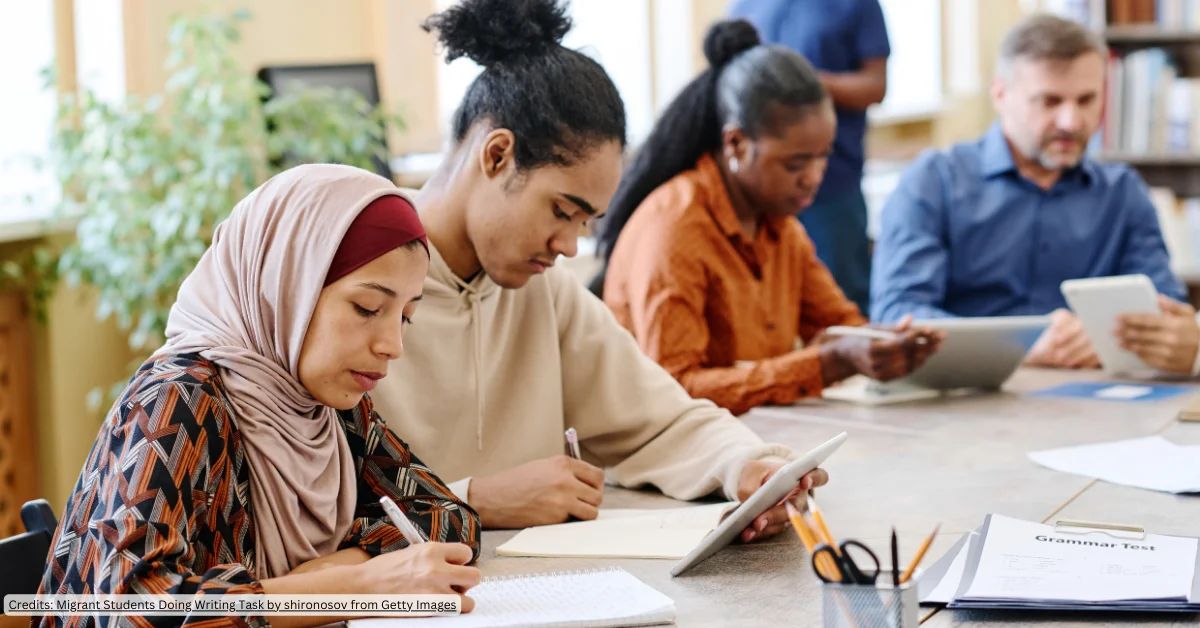An Australian charity, Save the Children Australia, has become the first socially focused non-government organisation to be part of the United Nations’ Green Climate Fund, allowing it to get up to $73 million per project.
The aid agency will initially focus on the Pacific region to help communities deal with the social impact of climate change, such as ensuring they have food, clean water and food security.
It’s working closely with the Vanuatu and the Solomon Islands governments to create suitable local projects, which would then be put forward to the GCF for funding.
The charity was named as a GCF partner at a meeting at its South Korean headquarters last Wednesday evening.
Save the Children Australia is the local arm of the global charity, but has led the move to be part of the GCF.
The charity’s CEO Paul Ronalds said climate change would exacerbate deadly disasters felt across the globe.
“It will also intensify conflict, displacement and migration,” he told AAP. “Children will, without a shadow of a doubt, be among the most vulnerable to the devastating effects of climate change.”
The federal government helped create the GCF, which has been tasked with helping countries achieve the Paris emissions reduction goals.
But since getting the top job Prime Minister Scott Morrison has decided to no longer put money towards it, instead redirecting $500 million of existing foreign aid to the Pacific to help with infrastructure projects.
Save the Children Australia wants Morrison to rethink the decision.
“The impact of climate change is already being felt across our region,” Ronalds said. “Save the Children is urging the Australian government to re-engage and restart our contribution to the Green Climate Fund.”
The fund was recently replenished with about $14 billion from a total of 27 countries.
With AAP
Pearl Dy is a community manager and journalist. She is passionate about business and development particularly involving not-for-profits, charity and social entrepreneurship.
- Pearl Dyhttps://thirdsector.com.au/author/pearl-dyakolade-co/
- Pearl Dyhttps://thirdsector.com.au/author/pearl-dyakolade-co/
- Pearl Dyhttps://thirdsector.com.au/author/pearl-dyakolade-co/
- Pearl Dyhttps://thirdsector.com.au/author/pearl-dyakolade-co/











